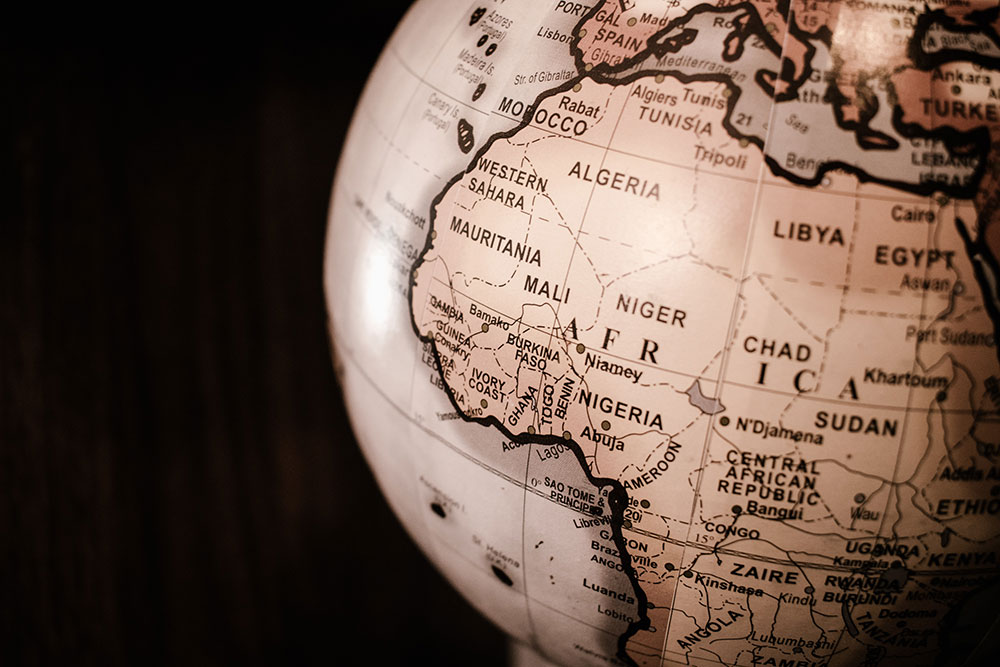
Providing high-quality translation services in Africa is crucial for businesses with a global presence. The continent’s linguistic diversity, with over 1.3 billion people speaking more than 2,000 languages across 54 countries, poses a challenge. To successfully connect with African audiences, businesses must ensure that their content and products are precisely translated and tailored to the local culture.
At Ugaafrik, we pride ourselves on providing document translation of African languages, including Swahili, Arabic, French, Portuguese, and many more. Our team of experienced translators is based across the continent. It has a deep understanding of the local cultures and nuances, ensuring that your content is translated accurately and with sensitivity to your target audience.
Document Translation in Africa
Legal Documents
To ensure that all parties involved are fully aware of their legal rights and responsibilities, it is often necessary to translate documents such as contracts, agreements, and court papers. This translation ensures that everyone has equal access to the justice system.
Business Documents
Written materials, such as proposals, marketing materials, and financial statements, enable businesses to reach a wider audience by translating their content into multiple languages. This effectively allows them to market their products and services to potential customers from diverse backgrounds, thereby improving communication and interactions with clients from different linguistic and cultural perspectives.
Academic Documents
For research to be widely accessible, academic resources such as research papers and dissertations need to be translated into various languages. Additionally, Translation services in Africa of educational materials, such as textbooks and teaching aids, play a crucial role in fostering literacy and education in local languages.
Medical Documents
Translating medical documents is crucial for clear communication between healthcare professionals and patients who are non-native speakers. It enables patients to fully understand their health conditions, available treatments, and any necessary medication instructions.
Government Documents
Translating policies, laws, and regulations is crucial for ensuring that everyone can access legal and political information in their native language. This is essential for promoting democratic governance by ensuring that all citizens have the same opportunities to understand and participate in their government. It also provides equal access to justice and political participation by eliminating language barriers that could prevent people from exercising their rights.
Personal Documents
Important personal documents, such as passports, birth certificates, and marriage licenses, may require translation for official purposes and bureaucratic procedures. This is particularly crucial for individuals traveling or relocating to different countries or regions within Africa.
Why are Translation services in Africa needed?
As African countries continue to expand their economies and engage in international trade, translation plays a crucial role in facilitating effective communication between businesses and potential clients or partners. Translation enables companies to reach a broader audience and effectively communicate their products and services, ultimately leading to increased sales and revenue.
Africa is a culturally diverse continent, and translation plays a vital role in fostering cultural understanding among diverse communities. By translating cultural texts such as literature, music, and art, translation helps to preserve and promote the rich cultural heritage of African communities.
Translation services in Africa play a crucial role in education, as they facilitate access to learning materials and academic resources in various languages. By providing access to education in local languages, translation helps to improve literacy rates and promote educational equity across the continent.
Effective communication is crucial in legal and political systems, and translation plays a critical role in ensuring that individuals have access to legal and political information in their native languages. Translation enables people to understand their rights and responsibilities, promoting equal access to justice.
In healthcare, translation facilitates communication between healthcare providers and patients who speak different languages. This is important in ensuring that patients receive the appropriate medical care and understand their medical conditions and treatment options.
